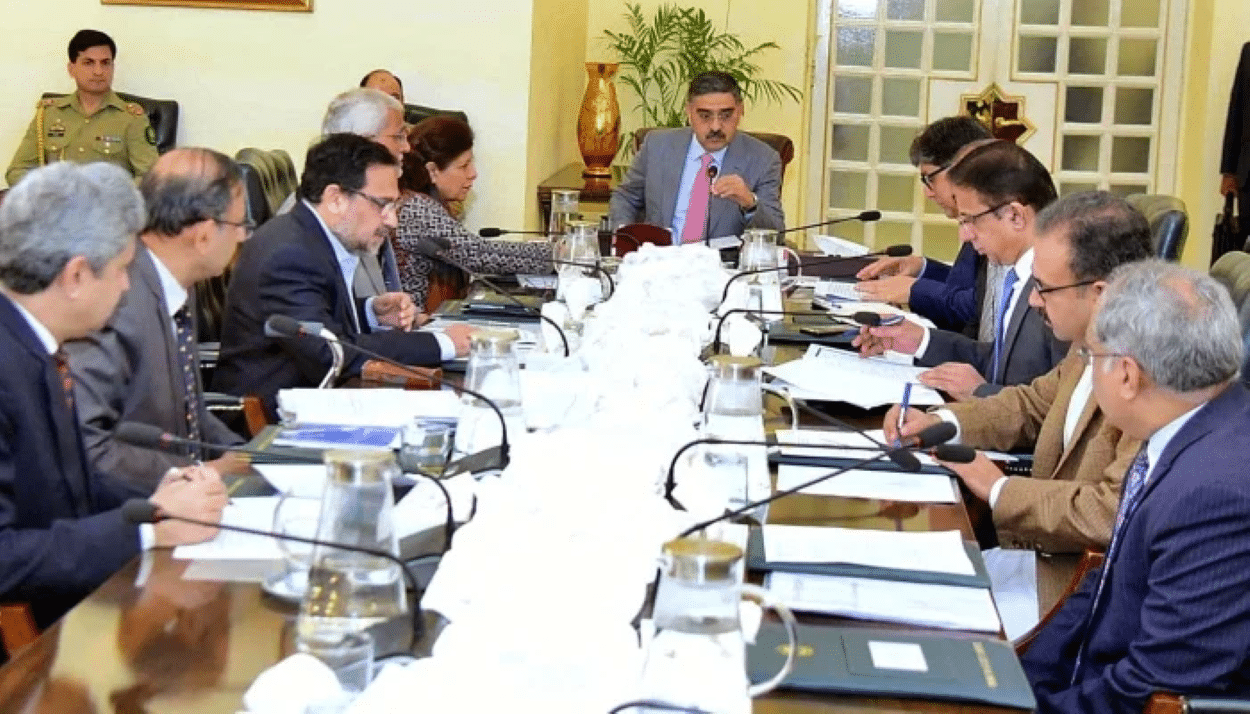The caretaker government led by Prime Minister Anwaarul Haq Kakar has embarked on a substantial borrowing spree, securing almost Rs4 trillion from banks to date. This unprecedented level of borrowing signals a significant uptick from the previous fiscal year, with figures from the State Bank of Pakistan indicating a 185% increase in the amount borrowed from July 1 to January 19, 2023-24, compared to the same period last year.
Despite achieving revenue targets for the first six months, the government’s reliance on bank loans intensifies, driven by the need to cover escalating expenditures amid an inflation rate surpassing 28%.
Economic Challenges and Political Uncertainty
The economy’s sluggish growth fails to produce sufficient revenue, exacerbating the strain from extensive domestic and foreign debts, including the burgeoning circular debts within the power sector. The cost of borrowing remains alarmingly high, with interest rates hovering around 21%, which significantly burdens the national budget, dedicating over half of its outlay to debt servicing.
The banking sector emerges as a primary beneficiary, witnessing substantial profit increases in 2023. As Pakistan approaches its general elections on February 8, the prospect of political instability further complicates the economic landscape, deterring potential investments amidst the anticipation of a new government formation. This scenario underscores a grim outlook for economic growth and investment attraction, with forecasts suggesting continuing this trend in the forthcoming fiscal period.






